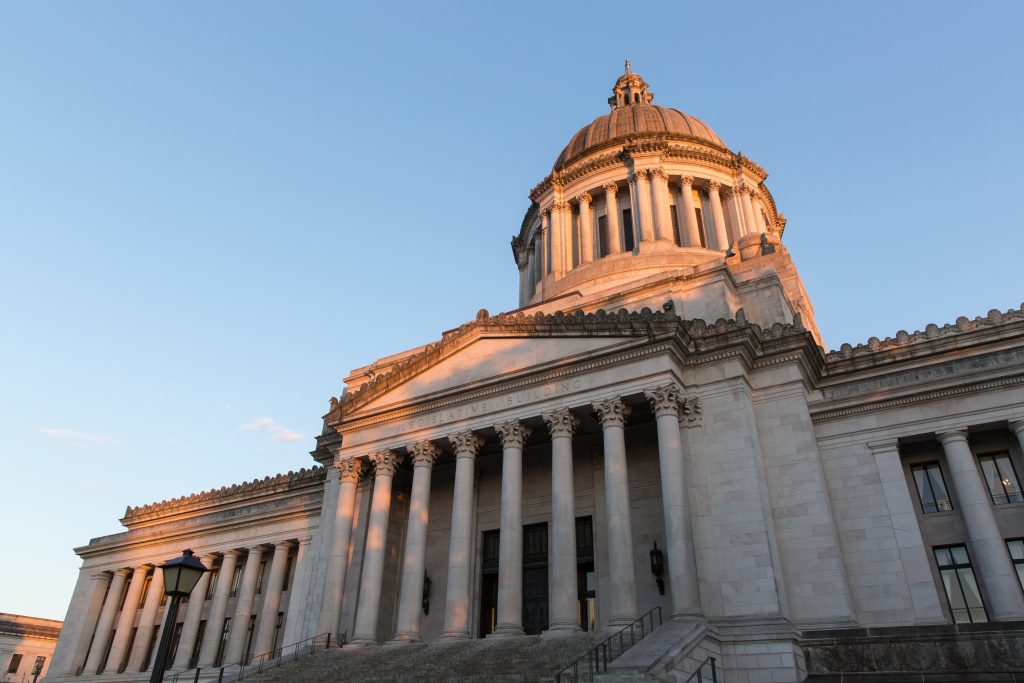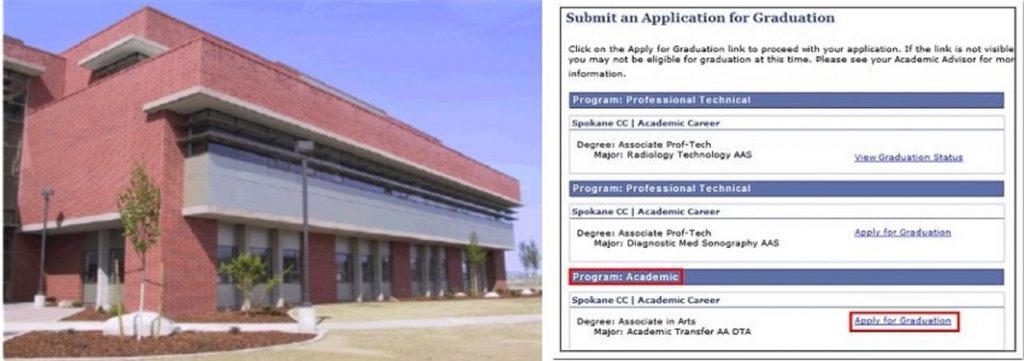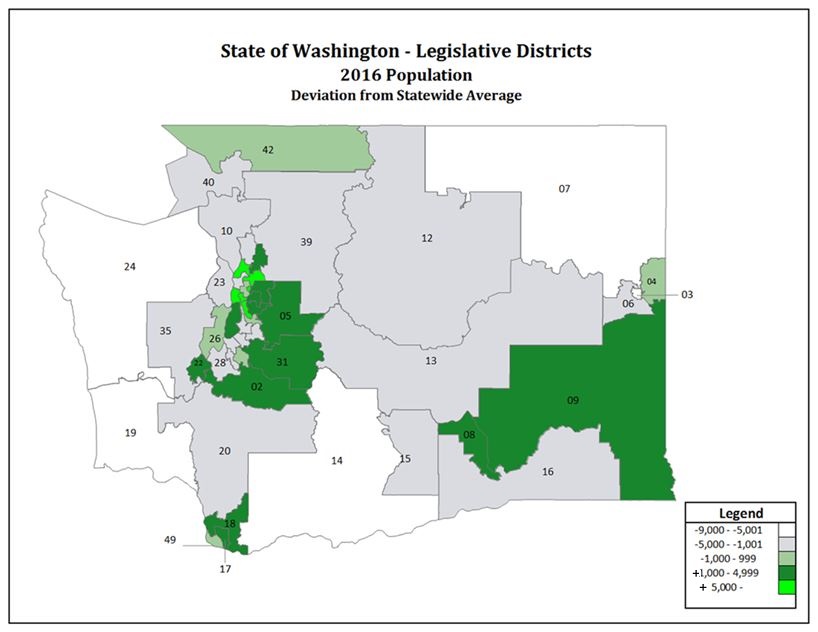The following newsletter was sent to subscribers to Sen. Padden’s Report From Olympia, June 8, 2017. To subscribe to Sen. Padden’s newsletters, click here.
Waiting for a session-ending breakthrough
Dear friends and neighbors,
Right now the Legislature is waiting for House and Senate negotiators work to reach a final agreement on a state budget. For many of us the slow pace of negotiations is a frustration. Yet all of us understand the importance of reaching an agreement soon. Key dates are fast approaching — on June 20, the state will receive its final forecast of tax revenues for the next fiscal year, and by the time the new budget period begins July 1, a new spending plan must be in place.
While negotiations proceed, the business of the Legislature continues. On Tuesday, the Senate Law and Justice Committee will hold a hearing on a new version of the Department of Corrections reform bill I have sponsored. Another legislative work session will spotlight a troubled community-college computer system, now years behind schedule and significantly over budget. This is a major issue for our region — the two community colleges that serve our area were among the first to go online.
Meanwhile, a number of other things have been happening. At The Evergreen State College in Olympia, a disturbing student protest has drawn national attention. New census figures indicate that Spokane Valley remains the state’s 10th-biggest city. And Seattle continues to lead the way on taxes in this state as it imposes a stiff new tax on soft drinks – with worse to come. This and more in this week’s newsletter.
Sen. Mike Padden
Evergreen protest crosses the line
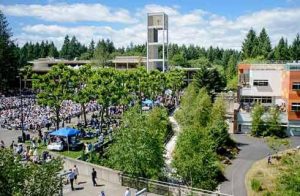 Classes have resumed at The Evergreen State College in Olympia, after tumultuous protests and anonymous threats of violence temporarily forced its closure. But the fallout from this incident will take longer to settle. Student protests crossed the line into intimidation, and have raised big questions about the future of that institution. Evergreen was torn by a planned “Day of Absence” protest April 12, when a vocal faction of students insisted that all non-minority faculty and staff leave the campus. One professor refused. Angry students confronted him as a mob May 24; police asked that he schedule his classes elsewhere because they feared for his safety, and ultimately he held his lectures in a downtown park. The situation only got worse when campus administrators chose to appease the students and refused to enforce discipline. President George Bridges congratulated “the courageous students who have voiced their concerns,” and gave in to most of their demands.
Classes have resumed at The Evergreen State College in Olympia, after tumultuous protests and anonymous threats of violence temporarily forced its closure. But the fallout from this incident will take longer to settle. Student protests crossed the line into intimidation, and have raised big questions about the future of that institution. Evergreen was torn by a planned “Day of Absence” protest April 12, when a vocal faction of students insisted that all non-minority faculty and staff leave the campus. One professor refused. Angry students confronted him as a mob May 24; police asked that he schedule his classes elsewhere because they feared for his safety, and ultimately he held his lectures in a downtown park. The situation only got worse when campus administrators chose to appease the students and refused to enforce discipline. President George Bridges congratulated “the courageous students who have voiced their concerns,” and gave in to most of their demands.
The significance of this case goes far beyond campus boundaries. It has become the best illustration of the intolerance that has swept college campuses nationwide, as student protesters, some calling themselves “social justice warriors,” have sought to squelch opposing views. Liberal and conservative commentators are in agreement on this one — by denying a professor the opportunity to teach, based on the color of his skin, the students have declared their opposition to the freedoms we hold dear. (Read a liberal perspective from the New York Times here.) Though the professor in question considers himself a liberal, the radicalized view of the students permits no shades of gray, much less the freewheeling debate that ought to take place on our college campuses. The students have demanded the professor’s firing, and a chilling letter signed by 50 faculty urges that he be punished.
This is a time for grown-ups to step in. Consequences could be severe for Evergreen, which already is suffering from flagging enrollment. Rep. Matt Manweller, R-Ellensburg, a Central Washington University professor of constitutional law, and Sen. Phil Fortunato, R-Auburn, have introduced bills that would strip Evergreen of its state funding. “What I see is an institution dedicated to indoctrinating kids into being victims,” Fortunato said last week. “We saw videos of students disrupting classrooms, bullying the administration, blocking police, and intimidating those around them, and the response from the college president was to thank them for it. It is unbelievable.”
The immediate question is whether administrators will have the courage to hold their students accountable for their actions. Whether Evergreen can recover what is left of its academic reputation will take longer to determine, if indeed the school survives.
Congratulations to Aerospace Scholars
Four students from our area have been selected to participate in the summer Washington Aerospace Scholars program at the Museum of Flight in Seattle. They were among 200 students who competed for the 120 slots available. Congratulations are in order for Leona Burk, David Schevenko, and Andrew Ferrero, all of Central Valley High School, and Naoma Barnes of Spokane Valley High School. This summer, with the support of engineers, scientists, university students and teachers, they’ll be planning a trip to Mars.
New scrutiny for community college computer system
Few things invite disaster like a big state computer project, and a new system for the state’s community and technical colleges proves the rule. Two years ago this system, budgeted at $100 million, went online at Spokane, Spokane Falls and Tacoma community colleges, to manage payroll, student registration, financial aid and other back-office functions. Eventually it was going to be implemented statewide.
But the project, already a year late, quickly ran into problems, and the statewide rollout was put on hold. Today the project is $10 million over budget, while the software vendor has gone bankrupt and is suing the state. On Tuesday the Senate Ways and Means, Higher Education and State Government committees will hold a work session to help determine what went wrong with ctcLink, and what the next steps should be. This promises to be one of the more lively meetings of our special session.
Spokane Valley remains state’s 10th-largest city
New estimates from the U.S. Census indicate that Spokane Valley remains the state’s 10th largest city, with a population in 2016 of 96,340. That puts it a notch behind Federal Way, which has 3,400 more. Seattle remains in first place, of course, with 704,352.
These new figures also give Millwood a population of 1,787, and Liberty Lake, 7,591.
These census numbers hold a significance that goes beyond statistics and rankings. The full census that takes place at the start of each decade determines the placement of legislative and congressional district boundaries, so that a near-equal number of people live in each. This fall the state Office of Financial Management will update its figures with the new numbers, but already we can see where the state’s growth has gone these last few years.
Last year’s figures indicate that the 4th Legislative District is one of three in Eastern Washington that have been growing at a rate higher than average. When district boundaries were set in 2010, it had 137,281 people. By 2015, its population was estimated at 146,700. Also growing were the 9th District, to our south and west, and the 8th in the Tri-Cities. Meanwhile, the 3rd, to our west within the Spokane city limits, has seen the second-lowest growth of all the state’s 49 legislative districts.
Consider it another sign of the vibrance of our local economy.
Another day, a new tax for Seattle
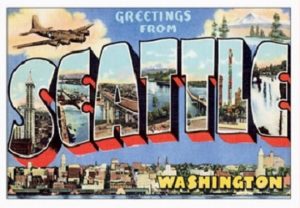 Once again, Seattle leads the state — in taxes. This week, in a nanny-state effort to wean its citizens from sugared soda pop, the Seattle City Council imposed a punishing tax of $5.04 for every 24-can case. Or perhaps a more accurate way to put it is that Seattle found a way to raise $15 million, by making soda-drinkers pay. Either way it doesn’t go down good.
Once again, Seattle leads the state — in taxes. This week, in a nanny-state effort to wean its citizens from sugared soda pop, the Seattle City Council imposed a punishing tax of $5.04 for every 24-can case. Or perhaps a more accurate way to put it is that Seattle found a way to raise $15 million, by making soda-drinkers pay. Either way it doesn’t go down good.
The rest of the state can chuckle at a city that embraces taxes the way most cities embrace new business. But there is something dangerous about Seattle’s proclivities. Its city council also is planning to pass a municipal income tax, in violation of state law, and let challenges ride all the way to the state Supreme Court. That could prompt the court to overturn its 84-year-old decision that a graduated income tax is impermissible under the state constitution. Such a ruling would open the door to a statewide income tax, the ultimate goal of many Seattle activists. When a city chooses to overtax its own population, that’s one thing, but spreading the misery is a little hard to swallow.
Contact us
If you have a question or concern about state government, please do not hesitate to contact our office. We are here to serve you!
Phone: (509) 921-2460











